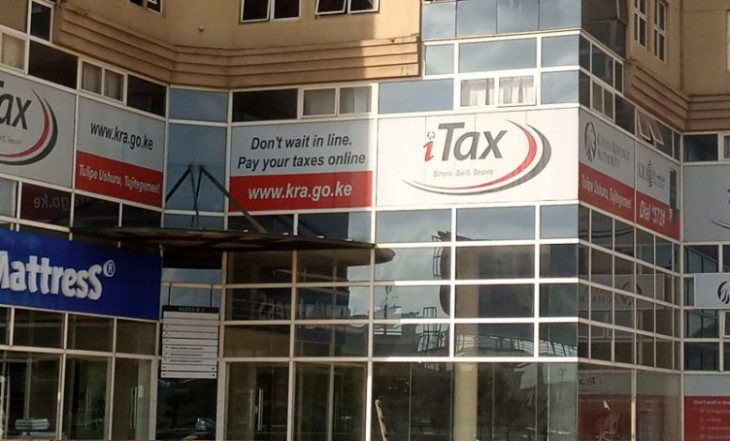The Kenya Revenue Authority (KRA) has issued fresh guidelines on the taxation of gratuity, confirming that payments earned from July 1, 2025, will be exempt from income tax under amendments introduced by the Finance Act, 2025.
In a public notice, KRA said the exemption is designed to ease the financial burden on retirees and beneficiaries, applying to both employees and employers. However, the taxman stressed that the relief only applies to gratuity earned after the effective date. Any amounts relating to service periods before July 1, 2025 even if paid later will still attract income tax.
According to the guidelines, gratuity for pre-July 2025 service will be treated as employment income in the year it was earned. The taxable amount will be allocated across the relevant years, up to a maximum of four years. Amounts for periods beyond four years will be deemed income of the fifth year.
“The gratuity will then be taxed at the applicable tax rates in the respective years,” KRA stated, adding that employers must consolidate gratuity for each applicable year with other employment income earned by the employee and apply prevailing tax rates for those years. The tax due will be the difference between the total tax on the consolidated income and what was already remitted on earlier salaries or wages.
KRA also clarified that gratuity for pre-July 2025 service paid directly into a registered pension scheme will not be taxed provided it falls within the prescribed contribution limits for the relevant years and that the employee had not previously claimed deductions for those pension contributions.
For gratuity from public pension schemes, which were exempted from tax by the Tax Laws (Amendment) Act, 2024, effective December 27, 2024, the same rules will apply for any service before the exemption took effect. Public pension schemes are defined as those paying pensions or lump sums out of the consolidated fund.
Employers are urged to follow the guidelines closely when processing gratuity payments to ensure accurate tax compliance and avoid penalties. KRA also encouraged both employers and employees to familiarise themselves with the changes ahead of the July 2025 implementation.

